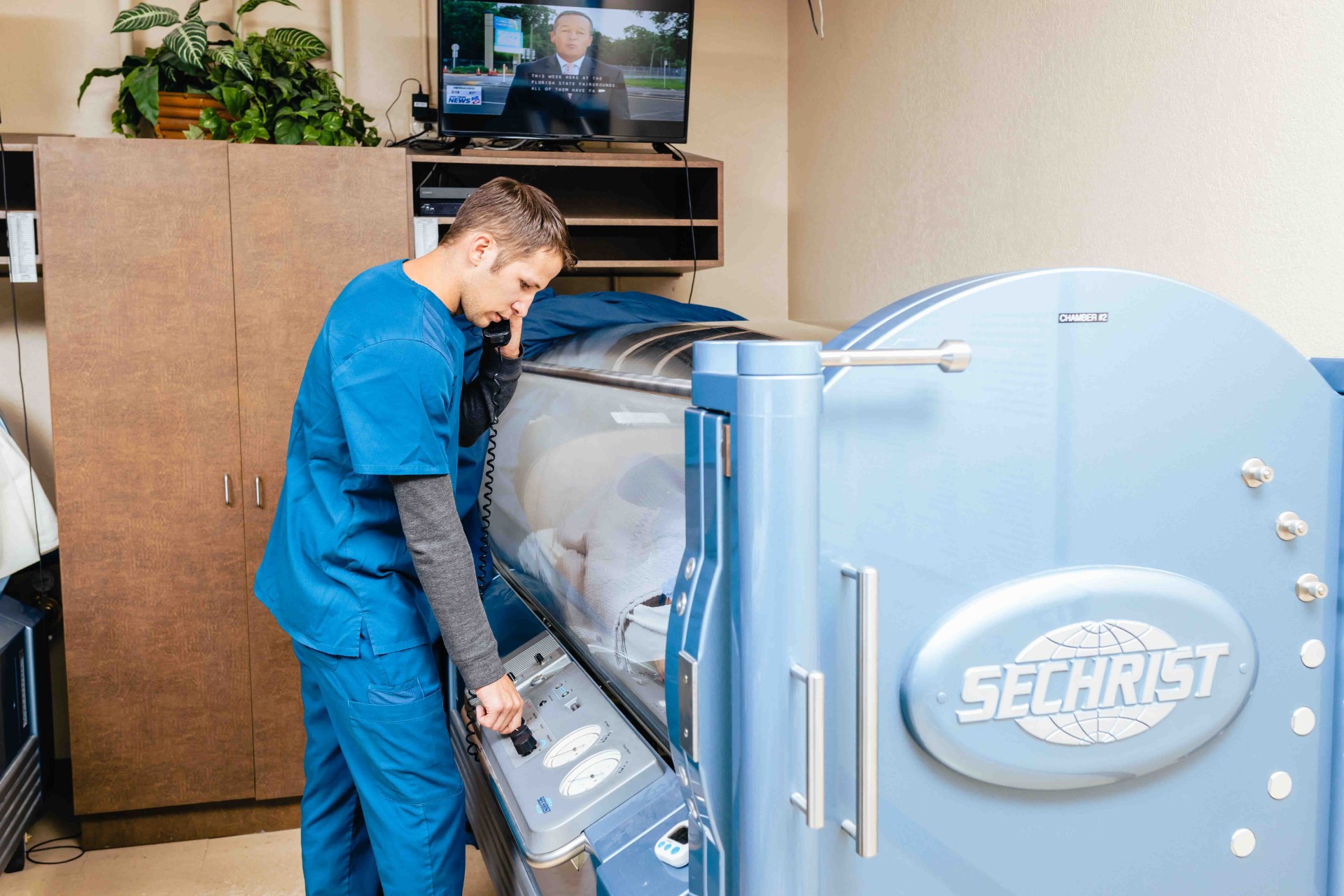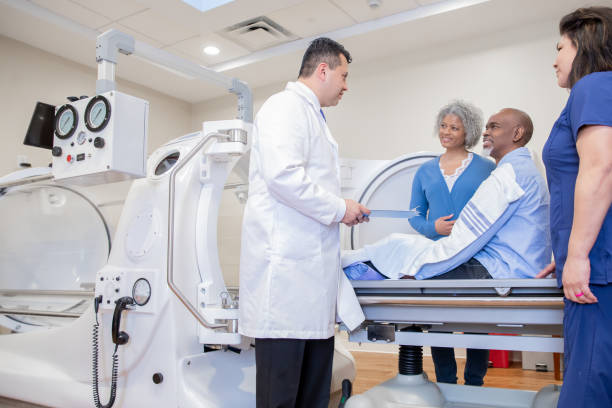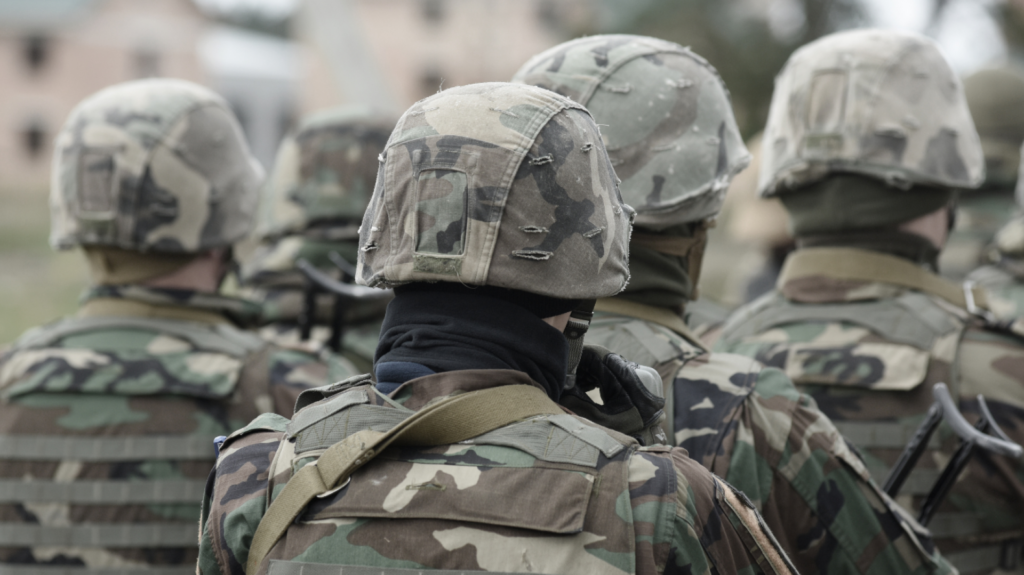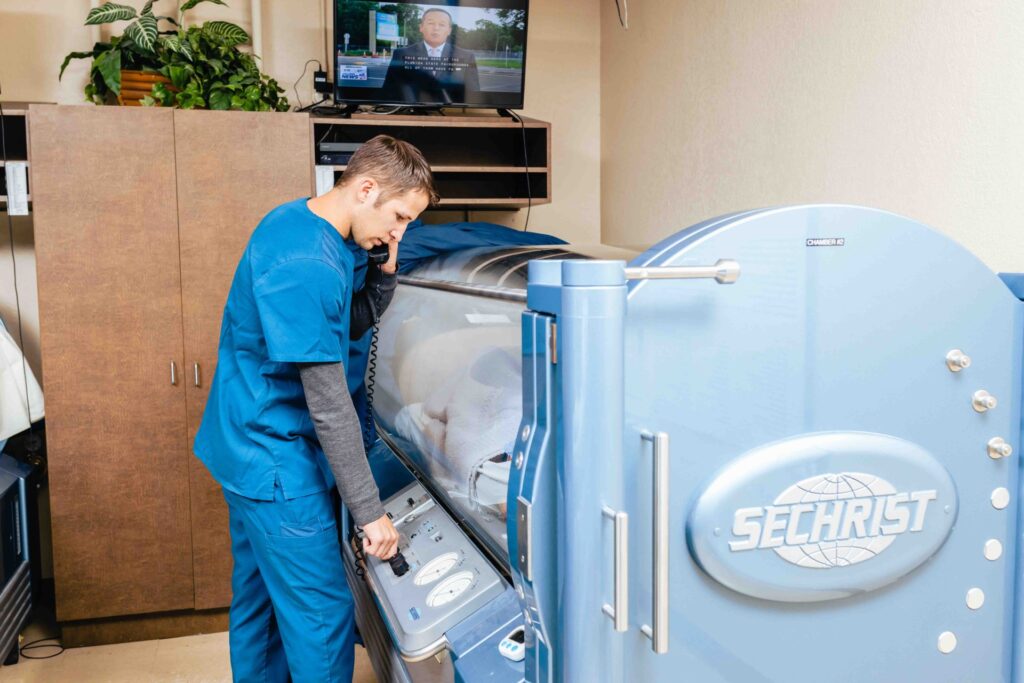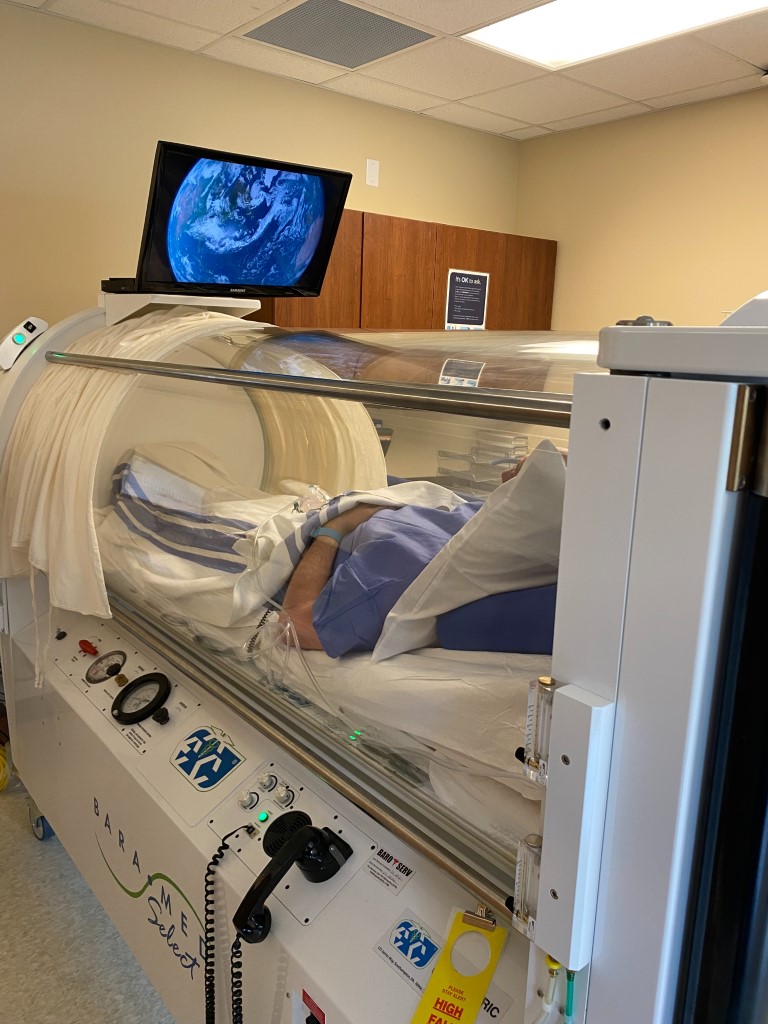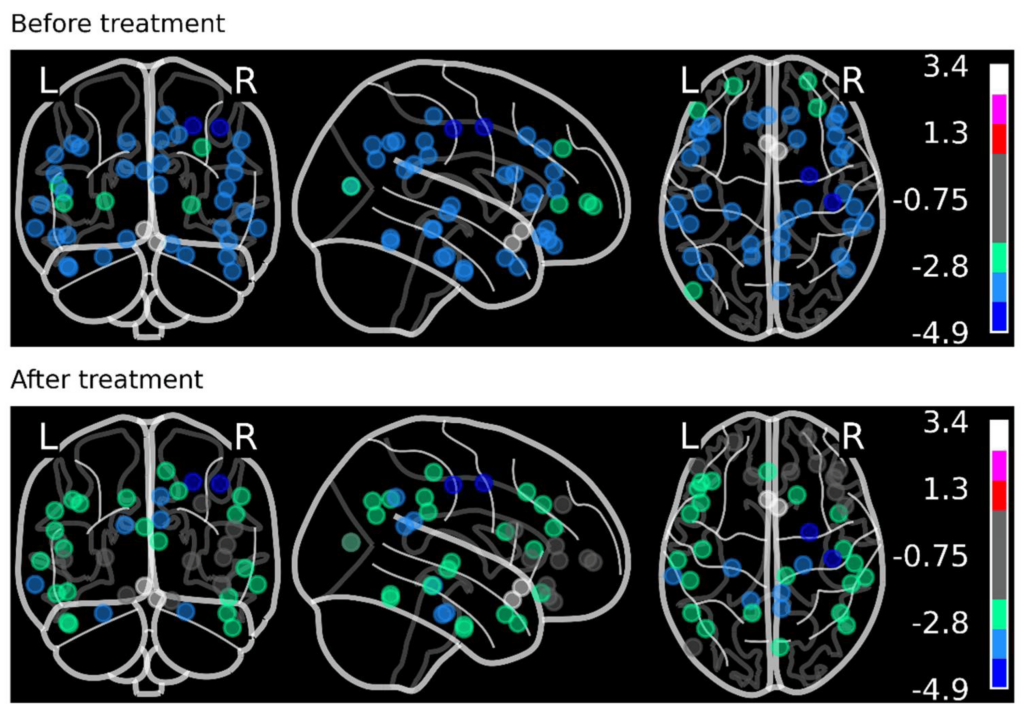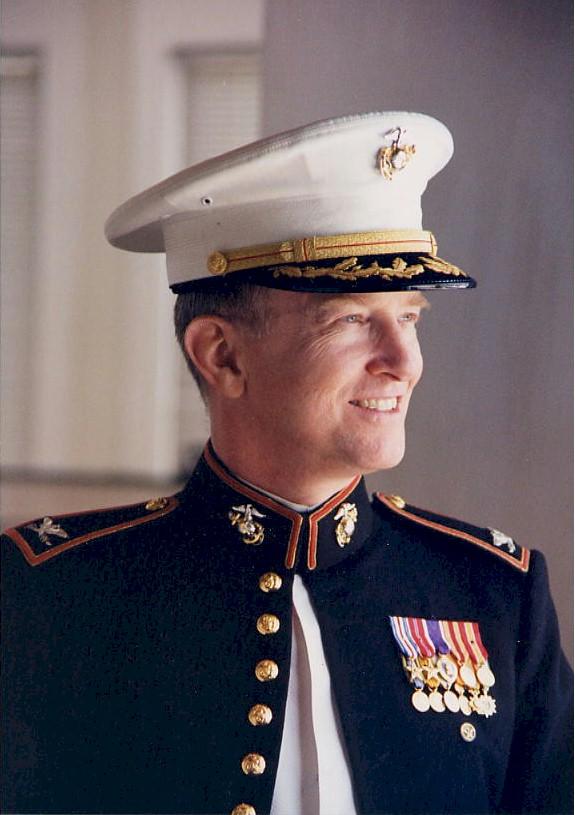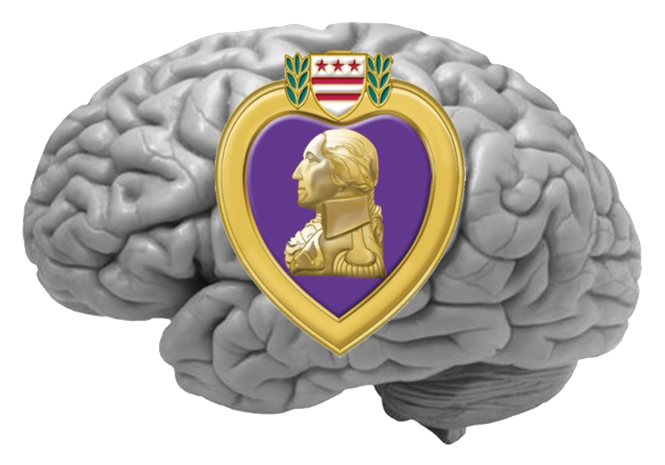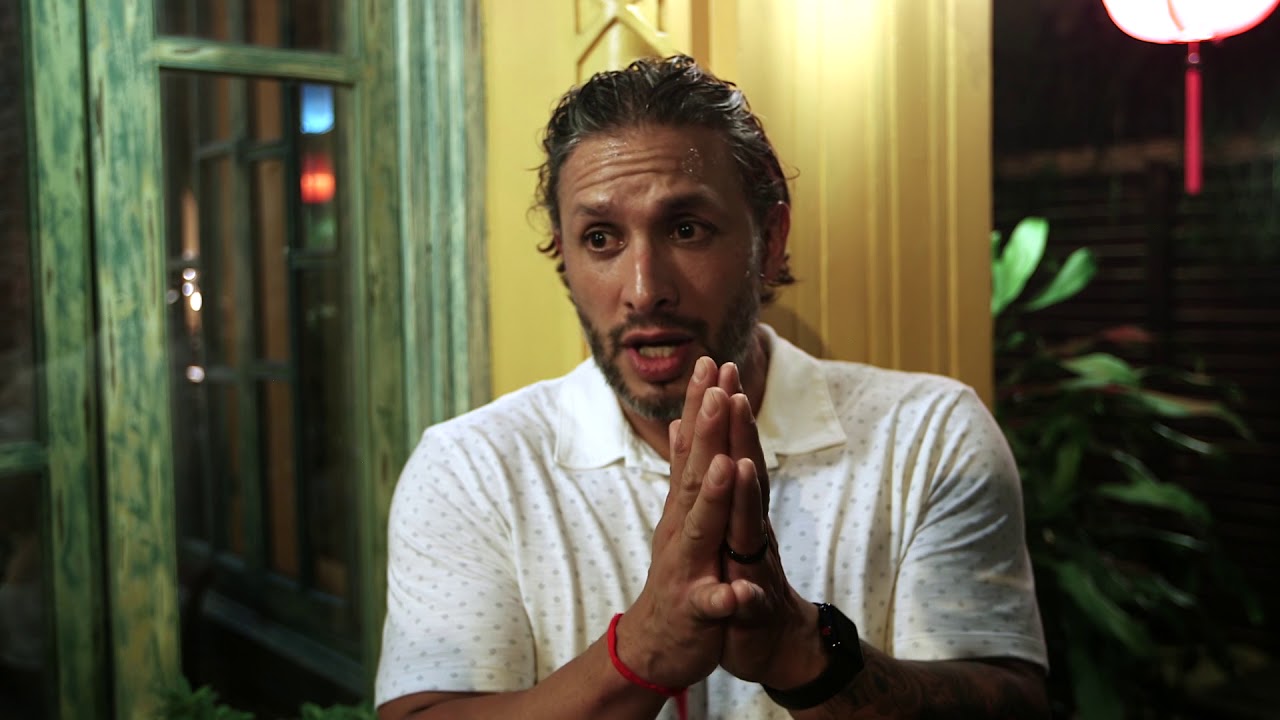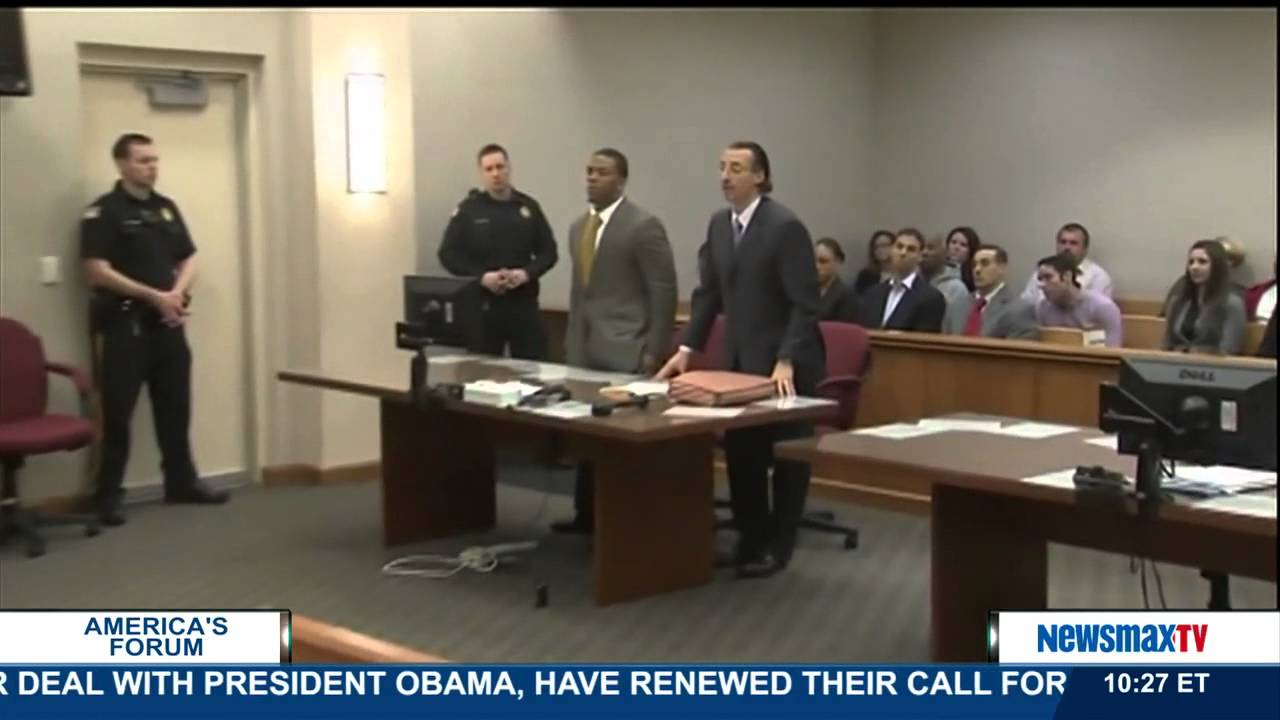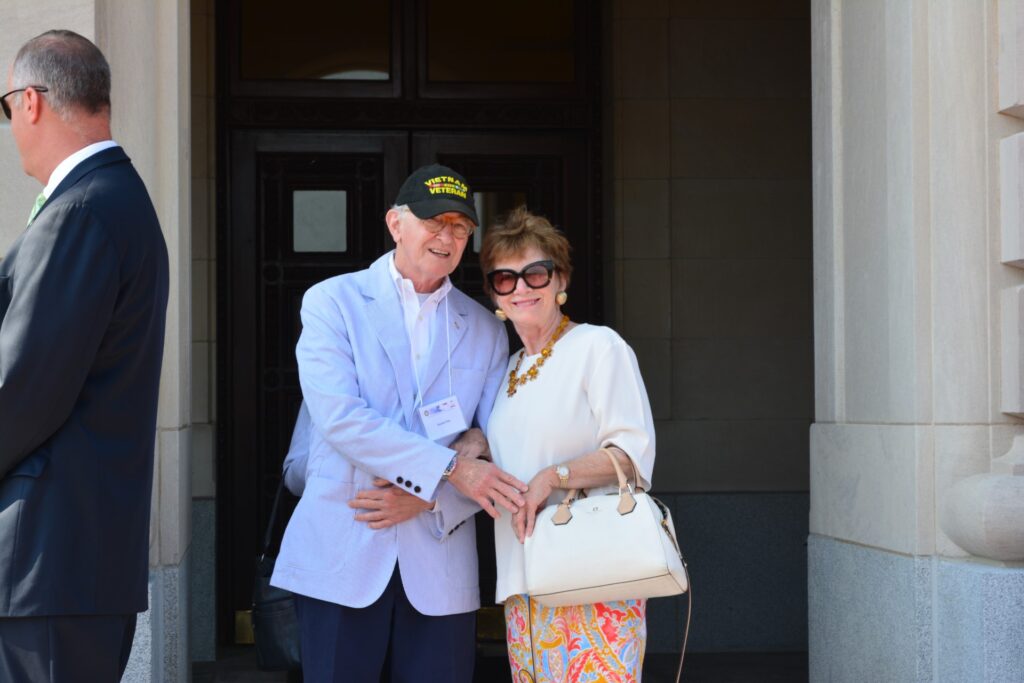Mission
HBOT4KYVETS, Inc has partnered with the TreatNOW Coalition which is a nationwide network of veterans, doctors, clinicians, economists, and activists on a mission to save America’s veterans from the suicide and opioid epidemics. The Coalition promotes brain healing treatments like hyperbaric oxygen therapy (HBOT) and connects veterans suffering from concussions, traumatic brain injuries (TBI), and post-traumatic stress disorder (PTSD) with life-altering medicine. Foster a collaborative environment within government agencies, corporate and local communities to fund treatments for TBI/PTSD Veterans. Support legislation for Veteran HBOT treatments which have been enacted in ten states (OK, AZ, TX, IN, KY, NC, FL, MD, VA, WY) and who voted 1,364-4 in favor of enactment with seven states funding over $32 million for treatments as of 2024.
Read More
